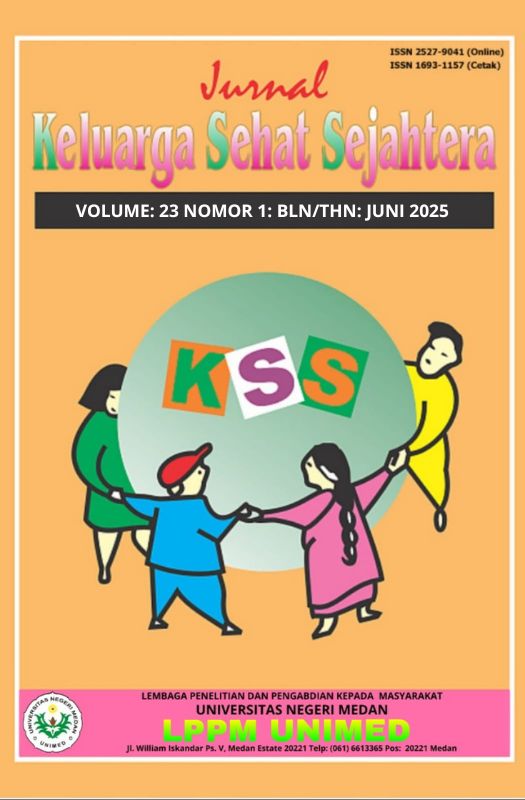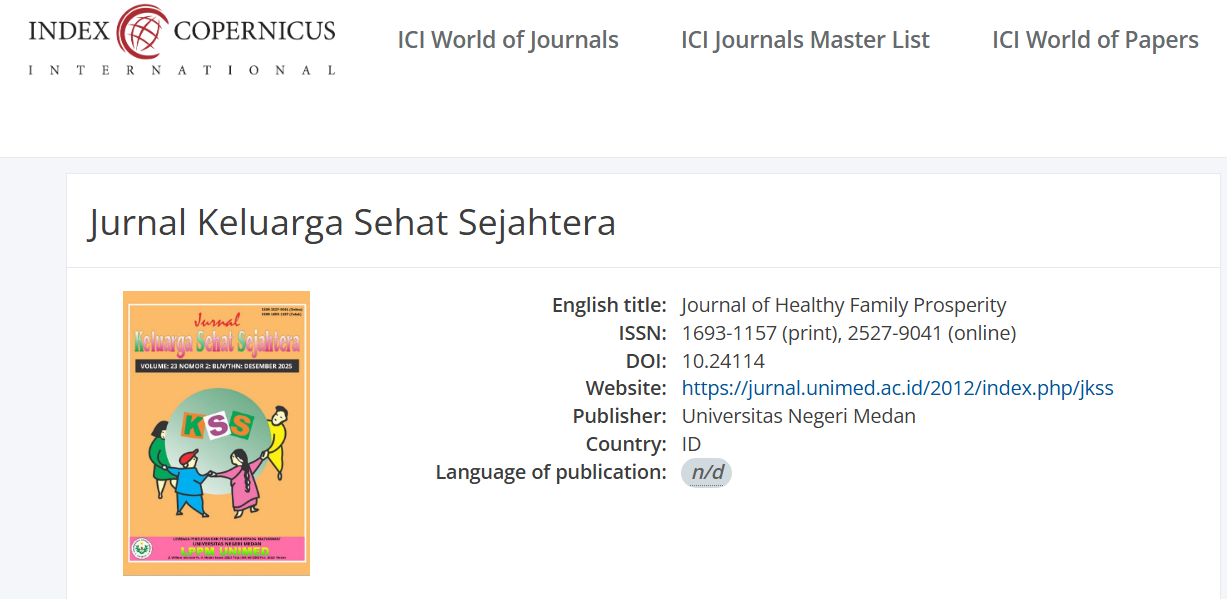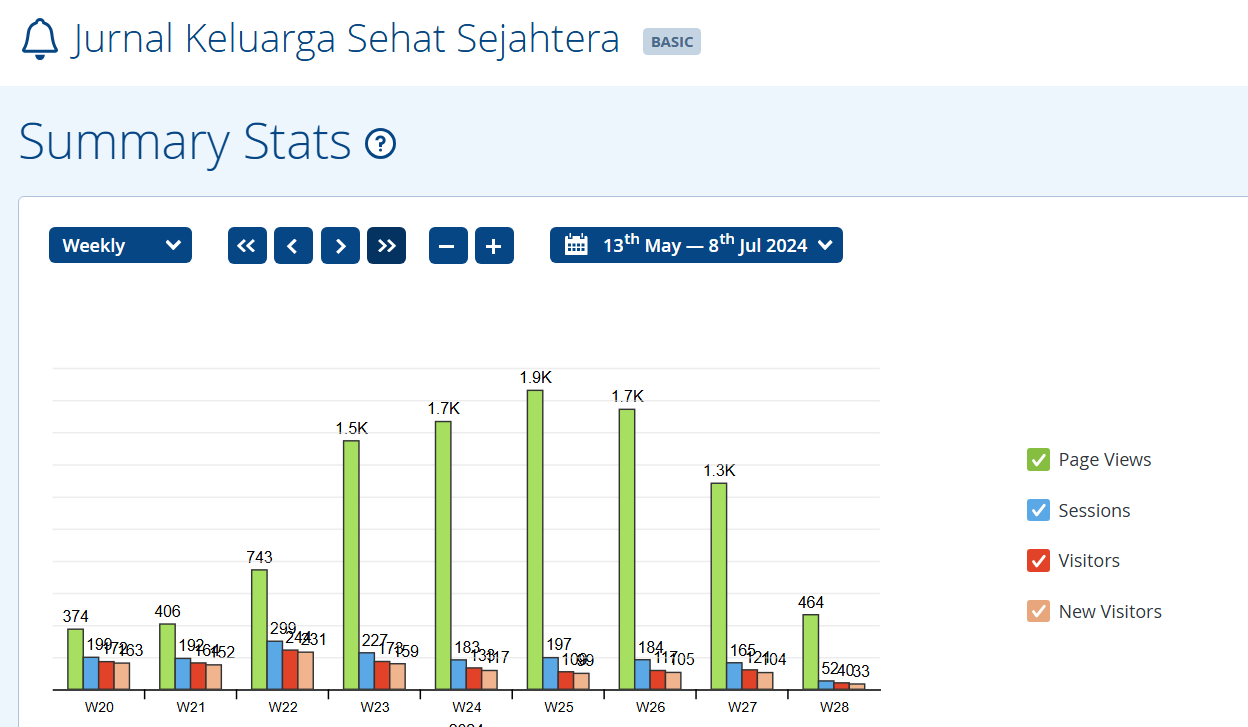CHALLENGES AND OPPORTUNITIES IN APPLYING ACTIVITY-BASED COSTING FOR HEALTHCARE EFFICIENCY IN HOSPITALS
DOI:
https://doi.org/10.24114/jkss.v23i1.68298Keywords:
Activity-Based Costing, hospital accounting, cost efficiency, healthcare servicesAbstract
Hospitals face the challenge of delivering high-quality healthcare services while maintaining cost efficiency. One relevant managerial accounting approach is Activity-Based Costing (ABC), which allocates costs based on activities. This article examines the opportunities and challenges of implementing ABC in hospitals through a literature review of national and international journals, textbooks, and relevant regulations. The findings indicate that ABC can improve the accuracy of cost information, support cost control, and facilitate strategic decision-making. However, its implementation encounters obstacles such as the complexity of medical services, limited human resources, and the need for adequate information technology infrastructure.References
Kaplan, R. S., & Anderson, S. R. (2004). Time-driven activity-based costing. Harvard Business Review, 82(11), 131–138.
Kaplan, R. S., & Cooper, R. (1998). Cost & effect: Using integrated cost systems to drive profitability and performance. Harvard Business School Press.
Kementerian Kesehatan Republik Indonesia. (2016). Peraturan Menteri Kesehatan Republik Indonesia Nomor 52 Tahun 2016 tentang Standar Tarif Pelayanan Kesehatan dalam Penyelenggaraan Program Jaminan Kesehatan. Jakarta: Kemenkes RI.
Mulyadi. (2015). Akuntansi manajemen: Konsep, manfaat, dan rekayasa. Salemba Empat.
Setiawan, A., & Widodo, B. (2020). Tantangan implementasi activity-based costing pada rumah sakit di Indonesia. Jurnal Akuntansi Multiparadigma, 11(2), 312–324. https://doi.org/10.18202/jamal.2020.08.11019
Tan, S. S., et al. (2019). The use of activity-based costing in health care: A systematic review. Health Policy, 123(6), 604–613. https://doi.org/10.1016/j.healthpol.2019.04.003
Tsai, W. H., Chou, Y. W., & Hsu, P. Y. (2015). Applying activity-based costing to the medical service industry: A case study of a Taiwan hospital. International Journal of Management, 32(1), 43–56.
Turney, P. B. B. (2005). Activity-based costing: An emerging foundation for performance management. Cost Technology.
World Health Organization. (2020). Global spending on health: Weathering the storm. WHO Press.
Downloads
Published
How to Cite
Issue
Section
License
Copyright (c) 2025 May Hana Bilqis Rangkuti, Yeti Meliany Lubis, Simpati Mellyginta Sinuhaji

This work is licensed under a Creative Commons Attribution-ShareAlike 4.0 International License.























